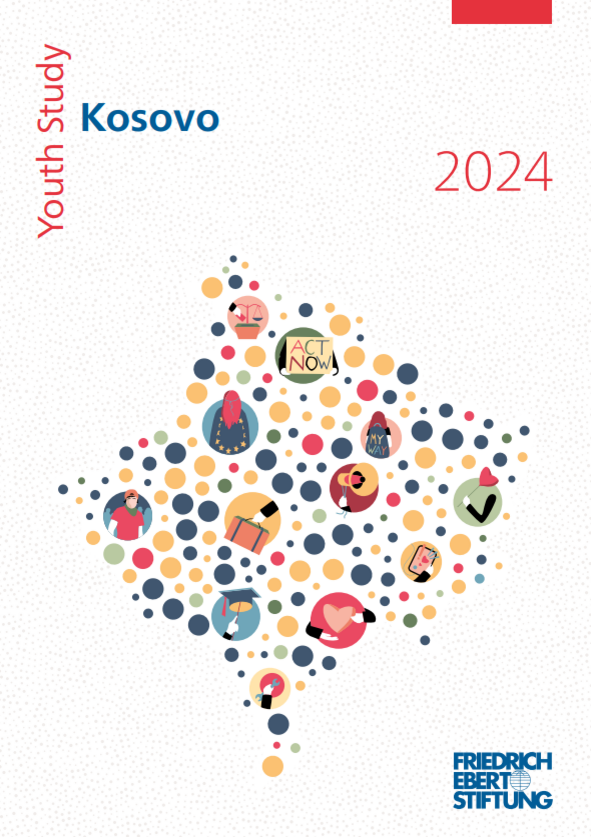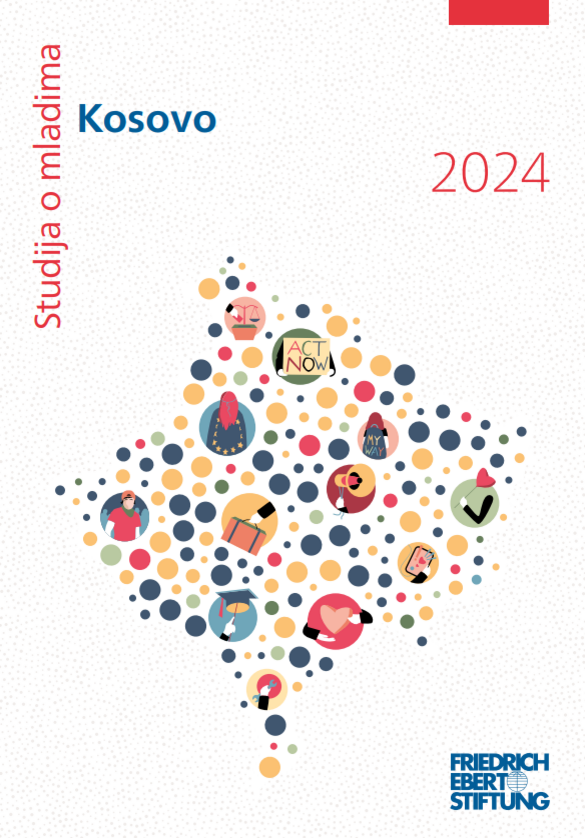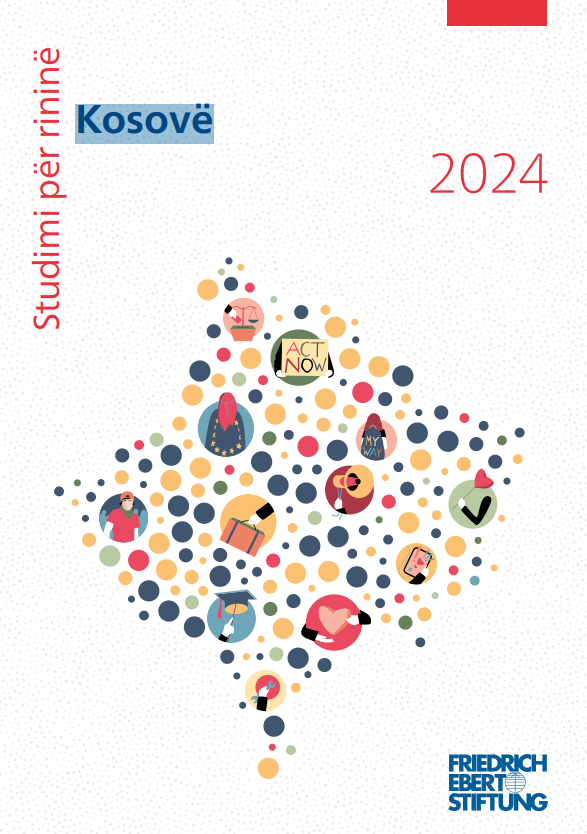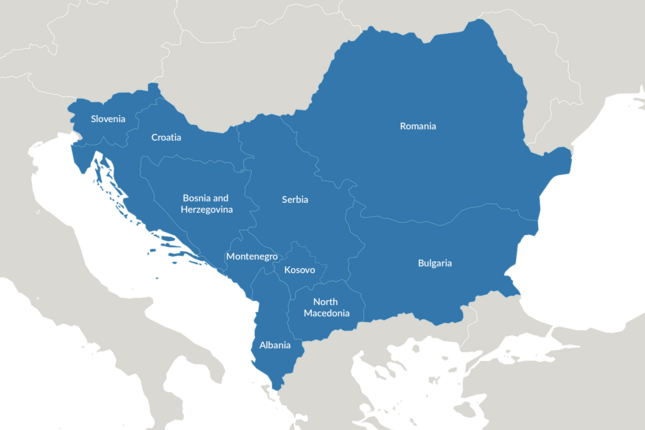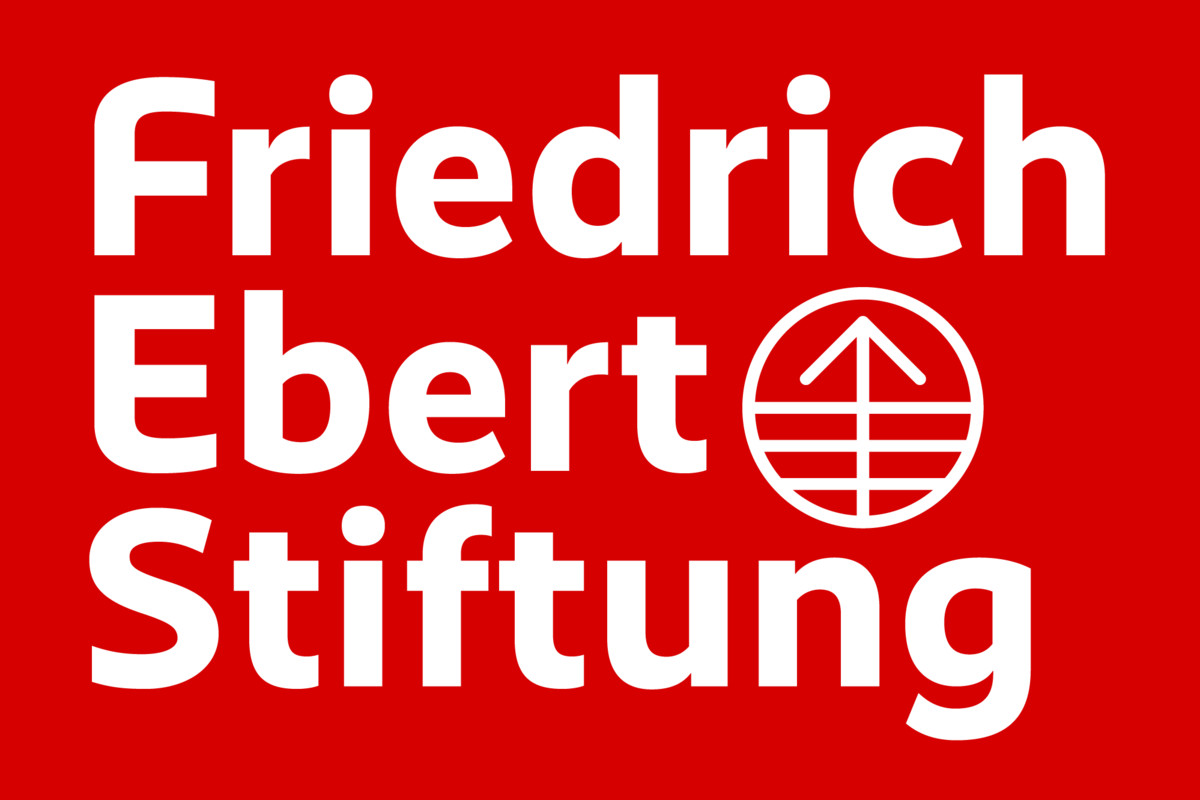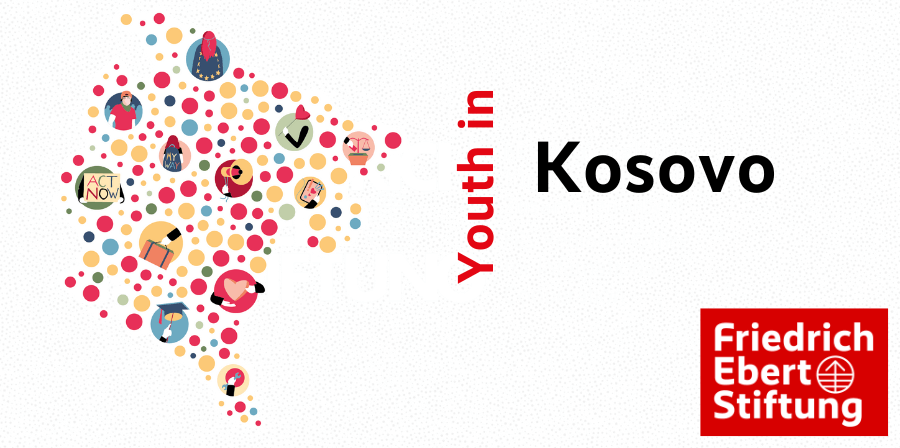
Kosovo Youth Lead Region in Marriage Importance, Shaped by Gender and Social Views
In a region experiencing rapid social transformation, Kosovo's youth stand out for their strong traditional values regarding marriage. As the youngest country in Southeast Europe grapples with modernization, emigration, and changing social norms, new data reveals that its young people maintain the strongest attachment to marriage in the region. This comes at a time when Kosovo faces significant demographic challenges, including one of Europe's highest youth unemployment rates and ongoing concerns about brain drain. Understanding youth attitudes toward marriage provides insight into how the next generation of Kosovars envision their future in the country.
Kosovo Leads Region in Marriage Importance Among Youth
Kosovo's youth place exceptionally high importance on marriage compared to their peers across Southeast Europe. An overwhelming 67% of young Kosovars consider marriage "very important" - the highest in the region and significantly above the regional average. This stands in particularly stark contrast to EU member states like Slovenia and Greece, where only about 22% of youth view marriage as very important. Even compared to other Western Balkan nations, Kosovo's youth show notably stronger marriage values - when combining those who view marriage as "important" or "very important," Kosovo still leads at 87%, though the gap narrows somewhat with Bosnia and Herzegovina (81%) and North Macedonia (80%). This suggests that while marriage is highly valued across the Western Balkans, Kosovo's youth stand out for the intensity of their conviction, with a much larger share rating it as "very important" rather than just "important."
What Shapes Marriage Views in Kosovo?
While marriage importance is high across all groups in Kosovo, several factors influence how young people view this institution. Gender differences are notable - 92% of young men rate marriage as either important or very important (23% important, 69% very important), compared to 87% of women (26% important, 60% very important). The gap is most pronounced in the "very important" category, suggesting that while marriage remains central for both genders, young women may be slightly more open to alternative life paths.
Views on marriage also closely align with attitudes toward having children. Among those who consider having children "important," 70% view marriage as "very important." In contrast, for those who rate having children as "not important," only 9% consider marriage "very important." This strong correlation suggests that for Kosovo's youth, marriage remains tightly linked to family formation.
There's also a notable relationship between how young people assess the state of individual freedom in Kosovo and their views on marriage. Those who rate the quality of individual freedom in the country as "good" show the strongest support for marriage (76% "very important"), compared to 44% among those who rate it as "bad." This suggests that young people who feel more positive about civil liberties and personal freedoms in Kosovo are also more likely to embrace traditional institutions like marriage.
Attitudes toward same-sex marriage rights reveal a surprising pattern. Young people who do not support same-sex marriage rights and those who do support them show remarkably similar rates of considering marriage "very important" (70% and 66% respectively). This suggests that the personal importance placed on marriage as an institution isn't strongly tied to views on marriage equality - young Kosovars can highly value marriage in their own lives regardless of their stance on same-sex marriage rights. The notable difference appears among those taking a middle position on same-sex marriage rights, where only 42% consider marriage "very important" - significantly lower than both supporters and opponents.
About the Data
This analysis draws from the Southeast Europe Youth Study 2024, conducted by the Friedrich Ebert Foundation, which surveyed 530 Kosovars aged 14-29. The study is part of a broader research initiative across 12 Southeast European countries, examining young people's views on society, politics, education, and family formation. To read the full Kosovo Youth Study 2024 or the Comparative Southeast Europe Youth Study 2024, please find them below.
